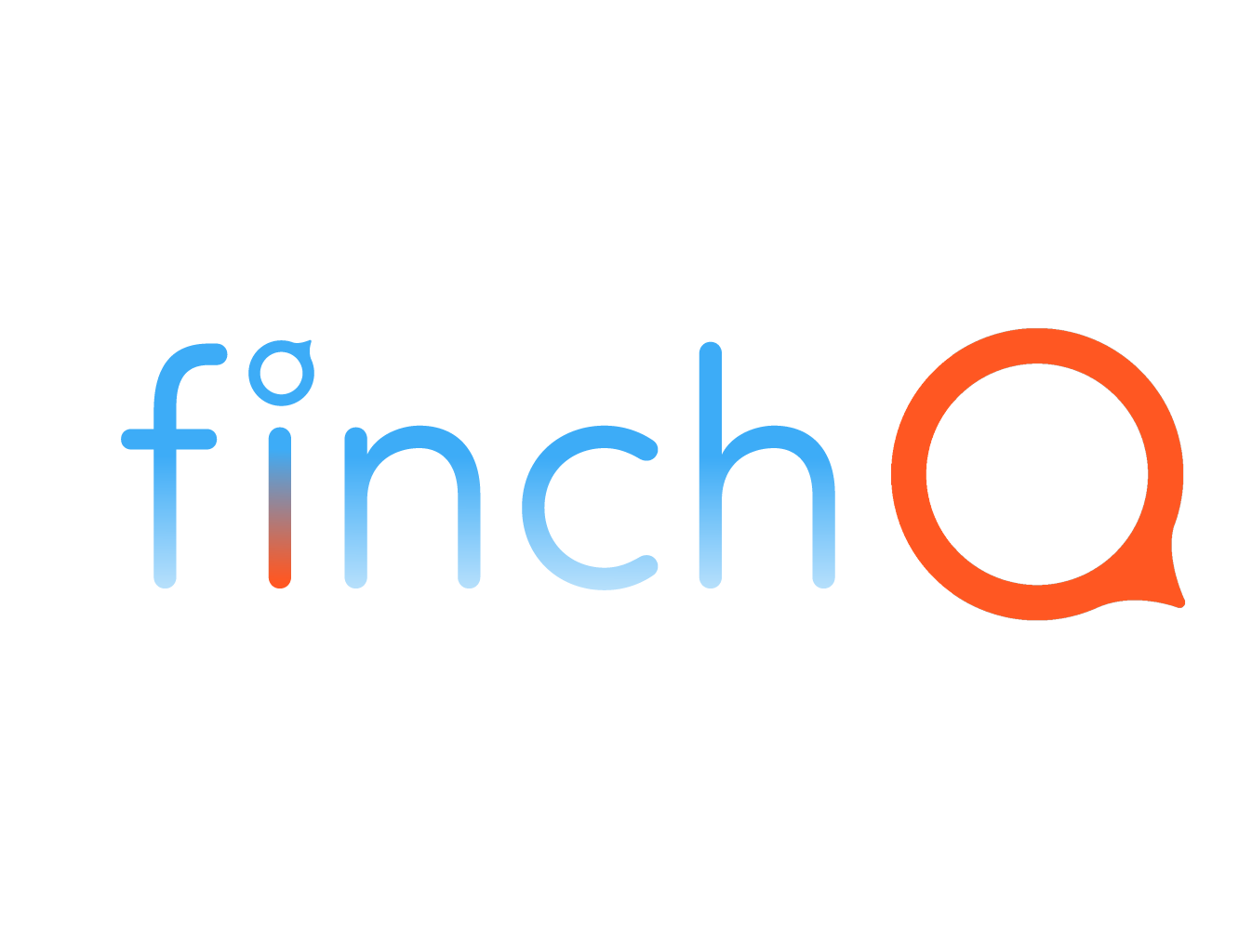Outsmart Aging—One Step at a Time
What if there was a simple, proven way to boost memory, improve focus, and even grow part of your brain—with no medication, no special equipment, and no cost?
It may sound too good to be true, but the evidence is overwhelming: regular physical activity is one of the most powerful tools we have to support brain health—and now, science has the data to prove it.
A Landmark Review That Deserves Attention
In one of the most extensive scientific reviews ever conducted, researchers analyzed 2,773 studies involving more than 250,000 participants of all ages and backgrounds.
The finding?
Consistent physical activity is strongly linked to:
Improved memory
Sharper thinking
Better overall cognitive health
For those over 50, it’s not just about brain boosts—it’s about staying in control of our lives.
The Brain’s Memory Center: The Hippocampus
At the heart of this discovery is a small but mighty part of your brain called the hippocampus. Shaped like a seahorse and nestled in the brain’s temporal lobe, it helps you:
Remember names and faces
Keep track of appointments
Learn new tasks
Navigate familiar places
Make sound decisions—including financial ones
It also plays a vital role in emotional regulation and spatial awareness, essential for safe, independent living.
But here's the challenge:
The hippocampus is one of the first areas to shrink or show damage in people with dementia or Alzheimer’s disease.
Why That Matters: Independence Starts in the Brain
Memory loss is often the most feared aspect of aging—and for good reason.
When the hippocampus deteriorates, the effects go far beyond forgetfulness:
Missing or doubling medication doses
Falling for scams or mismanaging money
Getting lost in familiar neighborhoods
Forgetting how to care for a spouse
Losing confidence to live alone
This isn’t just memory loss—it’s a loss of independence. It affects not just the individual but also their family, relationships, and community.
Good News: You Can Strengthen Your Hippocampus
The hippocampus isn’t fixed—it can grow, adapt, and repair even in later life.
That’s where exercise comes in.
Studies show regular aerobic exercise can increase the size of the hippocampus by up to 2% in just one year—enough to reverse 1–2 years of shrinkage.
This growth is linked to a brain protein called BDNF (brain-derived neurotrophic factor), which helps brain cells grow and form new connections.
In plain terms? Exercise feeds your brain.
What Kind of Exercise Helps Most?
You don’t need to become a marathon runner. The best brain-friendly activities are:
Brisk walking
Cycling
Swimming
Dancing
Yoga or tai chi
Even active video games
Aim for
30 minutes a day, 5 days a week.
(It’s okay to break it into shorter sessions.)
The key is consistency—not intensity.
It’s Never Too Late to Start
Whether you’re already experiencing memory lapses or want to stay sharp, this habit pays off at any age.
Small steps—like walking after dinner or joining a weekly yoga class—can profoundly affect brain health.
Because your brain is built to move.
This Week’s Goal
Try 30 minutes of intentional movement five days this week.
Notice how your body and mind feel.
You’re not just exercising—you’re investing in your brain.
Bonus Tip: Track Your Activity Over Time
As we age, it becomes harder to remember how active we’ve been—and even harder to notice when our movement declines.
That’s why it helps to monitor your activity.
Tools like the FinchQ Score offer a gentle way to:
Track your daily mobility
Notice gradual changes early
Stay proactive about your independence
After all, the first step to staying independent is knowing where you stand.
Final Thought
“So the next time you find your keys in the fridge, don’t panic—take a walk.”
You’re not just getting your steps in.
You’re protecting your future self.
If this helped you, share it with someone you love. Memory is precious, and so are the people we share it with.
Finch Q Team
